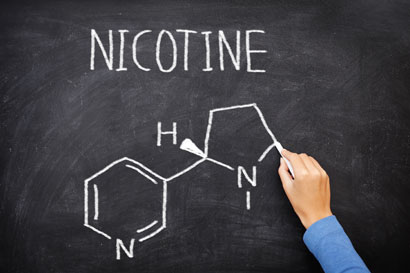

England’s public health chief is urging hospitals to give every pregnant woman a carbon monoxide test to check whether she smokes, according to a story in The Guardian.
Duncan Selbie wants midwives and nurses routinely to screen mothers-to-be when their pregnancy is first “booked”, monitor them at all their antenatal appointments and support those who want to quit.
The initiative is part of a National Health Service (NHS)-wide drive to persuade patients to quit the habit.
Under the plan, hospitals would ban smoking shelters used by staff and patients, hand out nicotine gum and patches, and include helping smokers to quit in patients’ Public Health England’s treatment plans. Doctors and nurses would use their conversations with patients to advise them how to give up tobacco or encourage them to switch to electronic cigarettes instead.
“This isn’t about scaring or hectoring people,” said Selbie. “It’s about making people aware that if they want to give up, NHS staff can help them. The evidence shows that if someone is helped to quit, they are four times more likely to succeed than if they do it on their own.”
The Royal College of Midwives (RCM) backed carbon monoxide testing for expectant mothers if they had the right to refuse to undergo it.
“The RCM is supportive of pregnant women being offered carbon monoxide testing at a time when it is appropriate to do so,” said Janet Fyle, the RCM’s professional policy adviser. “Depending on the circumstances, it could be at the initial antenatal booking or during subsequent antenatal visits. Women should have the ability to decline testing as with any other area of antenatal screening.”




